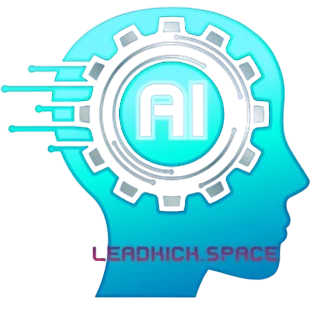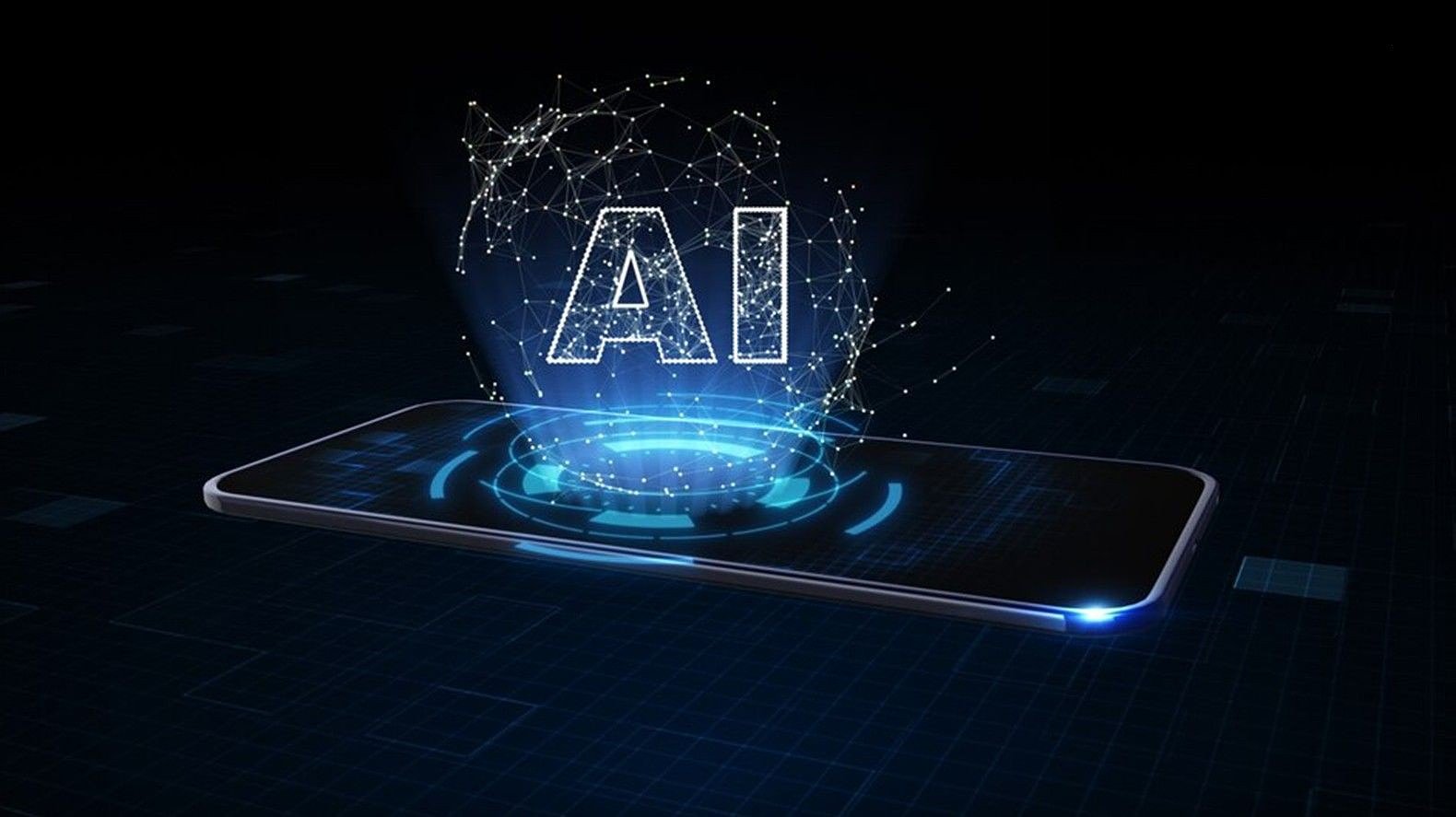Introduction to AI Services
Artificial Intelligence (AI) has undergone a remarkable evolution over the past few decades, transitioning from a nascent concept into a robust technology that is integral to various sectors. The growth of AI services has significantly transformed how we approach creativity, learning, and planning in our daily lives. In contemporary times, AI systems utilize complex algorithms and machine learning models that simulate human intelligence, thereby automating tasks and enhancing human capabilities.
The integration of AI into creative processes has redefined how artists, writers, and designers produce work. For instance, AI-powered tools can generate images, compose music, or even draft articles, supporting human creators in exploring new ideas and expediting the creative workflow. Similarly, in education, AI services are employed to personalize learning experiences, allowing students to engage with content tailored to their unique learning preferences. With adaptive learning platforms, AI analyzes student performance and provides customized feedback, ensuring effective mastery of subjects.
In the domain of planning, AI plays a pivotal role in improving productivity and decision-making. Businesses leverage AI for data analysis, market forecasting, and strategic planning, which facilitates informed and timely decisions. Furthermore, project management tools enhanced with AI capabilities assist teams in automating scheduling, resource allocation, and tracking progress, ultimately leading to more efficient project execution.
The practical applications of AI are evident in everyday activities, from virtual assistants managing schedules to intelligent recommendation systems curating content. These examples illustrate how deeply integrated AI services have become in our lives, enhancing our abilities and improving overall productivity. As we delve further into the distinct AI services available, it becomes clear that the future of creativity, learning, and planning is continuously shaped by advancements in artificial intelligence.
AI Services for Creativity
The advent of artificial intelligence has significantly transformed the landscape of creative industries, allowing artists, writers, and designers to explore innovative avenues for expression. Various AI tools and platforms are specifically designed to enhance creativity across multiple domains, including writing, visual arts, music, and design. By leveraging sophisticated algorithms, these services provide creators with support in generating ideas, composing works, and refining their creative processes.
One of the most prominent areas where AI has made a substantial impact is in the realm of visual arts. AI-based art generators, such as DALL-E and DeepArt, utilize machine learning to analyze existing art styles and produce unique artworks based on user prompts. These platforms empower artists by providing them with inspiration or even fully-realized art pieces that they can modify or incorporate into their projects. This not only broadens the scope of artistic expression but also enables creators to experiment with styles and techniques that may be outside their comfort zones.
Moreover, the field of writing benefits tremendously from AI-driven tools. Writing aids like Grammarly and Jasper harness natural language processing to assist users in crafting compelling narratives, drafting content, and enhancing overall writing quality. Such services enable writers to overcome writer’s block by generating diverse ideas and suggesting improvements, thus streamlining the creative process. Additionally, music composition tools like AIVA and Amper Music enable musicians to compose original music by simply inputting parameters such as genre and mood. These platforms are revolutionizing the music industry by allowing individuals without formal training to create nuanced compositions.
Collaborative AI tools are also fostering teamwork within creative environments. Services like Miro and Notion offer AI features that support brainstorming sessions and project planning, helping teams generate concepts more effectively and innovatively. By integrating AI into creative workflows, individuals and teams can break free from traditional boundaries, allowing for a more fluid exchange of ideas and collaborative efforts.
AI Services for Learning
The integration of artificial intelligence into the realm of education has heralded a transformative era in learning methodologies and experiences. AI services designed specifically for educational purposes are increasingly becoming essential tools for personalized learning. These platforms leverage adaptive learning technologies that cater to the individual needs and abilities of students, allowing them to learn at their own pace. By analyzing user data, these systems can modify content and instructional approaches in real-time, creating a tailored education experience that enhances learner engagement.
One prominent example is the use of AI-driven platforms such as Coursera and Khan Academy, which utilize algorithms to suggest learning paths and resources based on a user’s performance. This not only ensures that learners are matched with content suited to their current understanding but also promotes the optimal progression of skills. Additionally, AI-powered virtual tutors are increasingly being deployed to provide additional support to learners, answering questions and clarifying concepts in ways that traditional classroom settings may not accommodate.
The effectiveness of AI in education extends beyond just personalized learning experiences; it also significantly impacts student engagement and academic performance. For instance, research has shown that students using AI-enhanced tools exhibit improvement in both knowledge retention and enthusiasm towards learning. Moreover, by automating administrative tasks, educators can focus more on personalized interactions with students, further enriching the educational experience.
As educational institutions continue exploring the potential of AI services, the advantages are clear—enhanced learning opportunities that incorporate flexibility and adaptability pave the way for lifelong learning. With a myriad of AI-driven solutions available, from curriculum development to assessment, the future of learning is not only brighter but also increasingly inclusive for learners of all ages.
AI Services for Planning and Productivity
The integration of artificial intelligence in planning and productivity has marked a significant shift in how both individuals and organizations approach their daily tasks and long-term objectives. AI-driven tools facilitate enhanced project management, streamline time scheduling, and optimize resource allocation, contributing to improved efficiency and decision-making processes.
One of the notable benefits of AI services in planning is their ability to analyze vast amounts of data quickly. For instance, project management software equipped with AI algorithms can assess project timelines, identify bottlenecks, and ensure resource optimization. Tools such as Asana and Trello have begun incorporating AI capabilities that allow teams to allocate tasks based on individual strengths and availability, thereby minimizing downtime and maximizing productivity levels.
Another significant area where AI enhances planning is in time scheduling. AI-powered applications, like Clockify and Todoist, can intelligently suggest optimal time slots for meetings and tasks, based on personal habits and availability. These tools can sync across various platforms, ensuring that users maintain a cohesive schedule, which leads to more effective time management. Furthermore, their predictive capabilities can provide insights into how users spend their time, allowing for informed adjustments to improve focus and output.
From a personal productivity standpoint, AI services are transforming how individuals manage their day-to-day activities. Tools integrated with machine learning algorithms can learn from a user’s behavior, offering customized reminders and recommendations tailored to individual preferences. This bespoke approach not only streamlines workflow but also fosters a proactive attitude toward achieving personal goals.
The practical applications of AI in planning and productivity illustrate an evolving landscape where technology actively contributes to enhancing workflow. As these innovative services continue to develop, they redefine efficiency standards across various sectors, thereby establishing a foundation for future advancements in productivity tools.


No responses yet